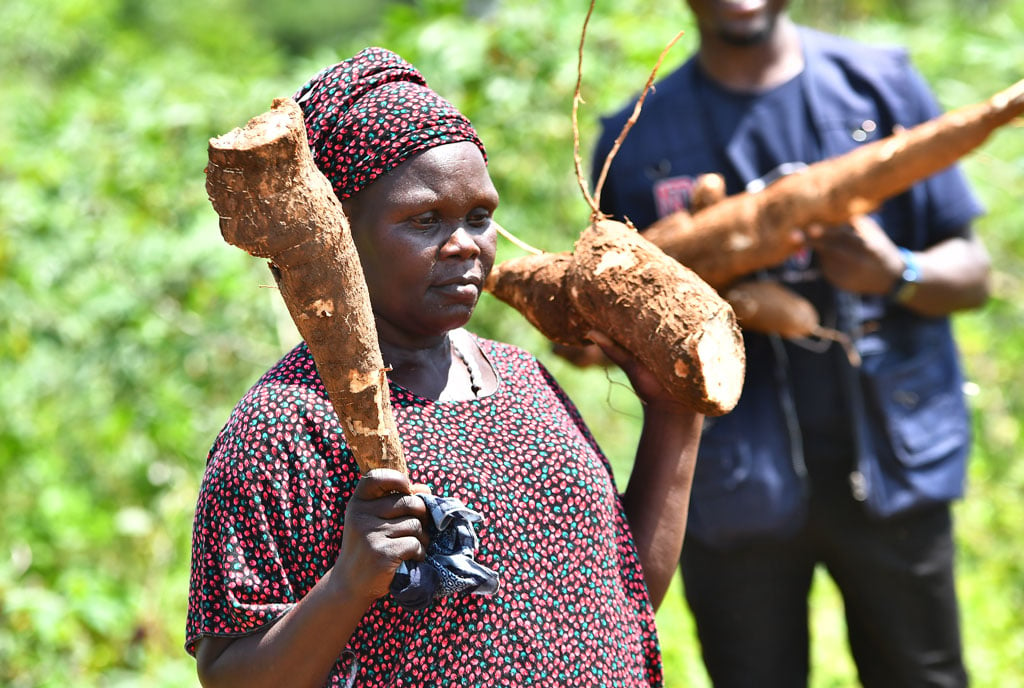Deal with technology facilitated violence

What you need to know:
The issue: Gender based Violence
Our view: Gender-based violence in whatever form it presents itself should be tackled using a multi-pronged approach.
At a time when freedom of speech and expression should be promoted, it should worry us that things such as technology-facilitated gender-based violence are existent and thriving.
A report from a study conducted by Rutgers and partners released this week highlights the alarming increase of violence against women and girls fuelled by the growing use of technology. It reveals that this online abuse often escalates into physical violence.
According to the United Nations Population Fund, technology-facilitated gender-based violence takes many forms including sextortion (blackmail by threatening to publish sexual information, photos or videos); image-based abuse (sharing intimate photos without consent); doxxing (publishing private personal information); cyberbullying; online gender and sexual harassment; cyberstalking; online grooming for sexual assault; hacking; hate speech; online impersonation; and using technology to locate survivors of abuse in order to inflict further violence, among many others. And this usually translates to physical violence, including rape, stalking and intimate partner violence.
The Rutgers study findings indicate a widespread link between online and offline violence. With perpetrators using technology to harass, stalk and intimidate victims.
Technology should facilitate development, creativity, innovation and freedom of expression not violence and in turn self-censorship by victims and would-be victims. When one is harassed or sees victims of this harassment and abuse with perpetrators going unpunished, they will be hesitant to use the various forms of technology as a way of self-preservation. This causes many women and girls to draw back from public spaces and discourse which is unfortunate.
According to the 2023 police crime report, there were 14,681 cases of domestic violence recorded and while presenting a report on Uganda’s Human Rights on its global commitment to improving health and addressing sexual and gender based violence, Ms Jennipher Achaloi, a consultant who worked on the report, noted that besides delay in accessing justice, some judges had limited capacity to handle emerging crimes like cyber harassment.
This therefore spells an urgent need to deal with the said gap in the justice system to ensure that suspects are brought to book and that victims are protected rather than vilified or mocked.
There is also a need for continuous awareness campaigns and sensitization and education of the masses not just women and girls but men as well because they too, even if on a smaller scale, are victims of technology facilitated gender-based violence. With new innovations comes new problems, therefore we must be prepared to deal with the emerging problems that come with the growing use of technology.
Gender-based violence in whatever form it presents itself should be tackled using a multi-pronged approach.
Our commitment to you
We pledge:
- To be accurate and fair in all we do.
- To be respectful to all in our pursuit of the truth.
- To refuse to accept any compensation beyond that provided by Monitor Publications Ltd. for what we do in our news gathering and decision-making.
Further, we ask that we be informed whenever you feel that we have fallen short in our attempt to keep these commitments.




